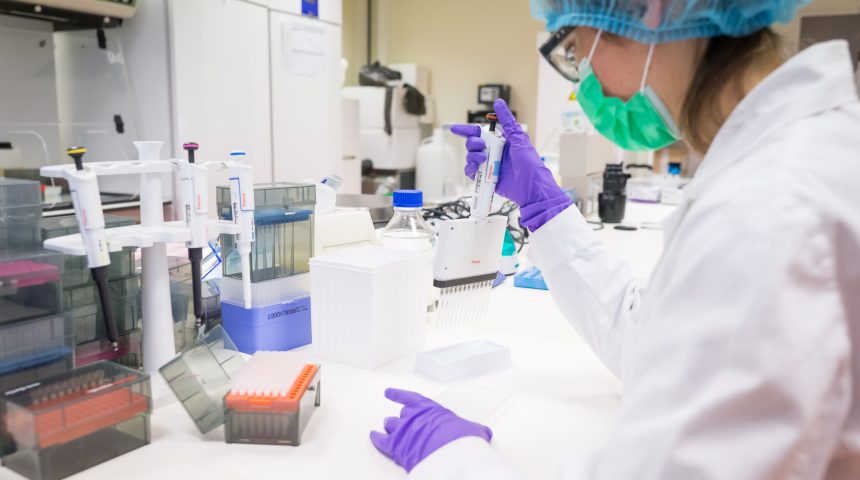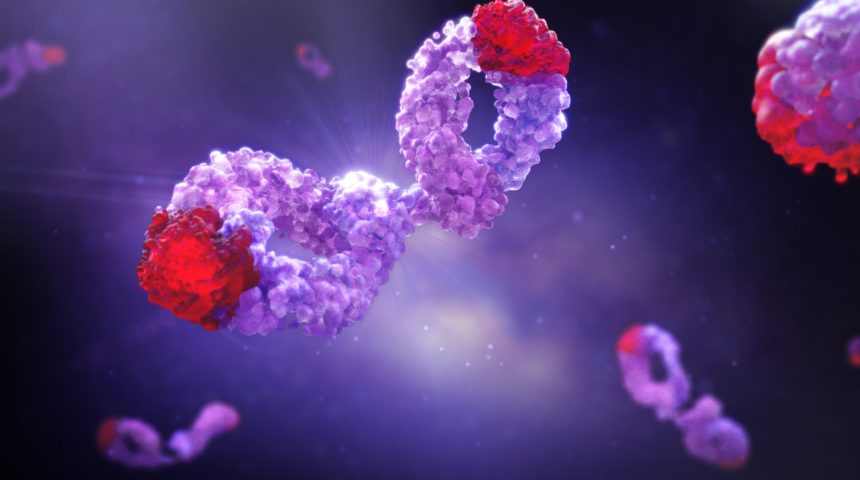Fabentech is launching an immunotherapy programme against COVID-19

Phase I/II clinical trials in humans scheduled in 2021 Polyclonal antibodies are a safe, reproducible solution that is rapidly industrialisable at large scale thanks to Fabentech’s new industrial site
Fabentech, a Lyon-based biopharmaceutical company specialised in immunotherapies for emergency situations, is today announcing the launch of a programme to develop an immunotherapy treatment against COVID-19. The treatment will be indicated in severely ill patients requiring respiratory assistance. The clinical trials are expected to begin in humans in 2021.
In order to meet the new public health challenges, Fabentech has built a development and production platform based on polyclonal immunotherapy technology which can recognise a virus or toxin and target it to specifically neutralise it. The efficacy and safety of this approach have already been demonstrated by Fabentech during the development of its own products in several emergency indications (H5N1, Ebola, etc.). This new COVID-19 programme stems from the R&D and industrial platform developed by Fabentech over the last ten years based on a tried and tested technology for the treatment of infectious diseases.
Thanks to an 8.5 million euro fundraising round completed last January with the Armed forces ministry fund, Définvest, managed by Bpifrance, with Institut Mérieux and with its historical partners, Fabentech is taking a new step forward by acquiring a new industrial tool which meets the requirements of the EMA (European Medicines Agency) and the FDA (Food and Drug Administration). Located close to Lyon, this new unit, which will produce COVID-19 immunotherapy treatments on national soil, will grow rapidly to increase its production capacities and supply treatments to cover the other markets.
“Fabentech will play an important role in fighting and controlling COVID-19,” emphasises Dr Bertrand Lépine, Fabentech’s founder. “We are indeed convinced that this therapy will contribute to reducing the need for intensive care units and will help to treat many patients while relieving pressures on the healthcare system. “
Unlike monoclonal antibodies, polyclonal products can target different parts of the antigen of interest. Hence, polyclonal antibodies are better adapted to potential changes the antigen may undergo, e.g., after a virus mutation. Using an antigen derived from SARS-CoV-2, the company has launched a development programme for polyclonal antibodies F(ab’)2 to be administered by injection to hospital inpatients, in order to generate passive immunity in these patients.
These polyclonal antibodies neutralise the virus, slowing down its progression in the body and giving the patient time to produce their own antibodies, while creating a synergistic effect with other existing therapeutics. Fabentech has demonstrated this synergistic effect in animals in the case of the H5N1 influenza virus by co-administering its anti-H5N1 product with osteltamivir. Furthermore, this study has proven that there is a reduction in the nasal viral load directly implicated in the virus’ contagiousness.
The process used by Fabentech retains only the active portion of the F(ab’)2 fragments and suppresses the Fc fragments of the antibodies, thereby avoiding an overly strong immune response from the patient, which can cause a ‘cytokine storm’. Based on a strategy similar to the injection of convalescent plasma, this approach offers a standardised, safer, more reproducible and industrialisable solution.


